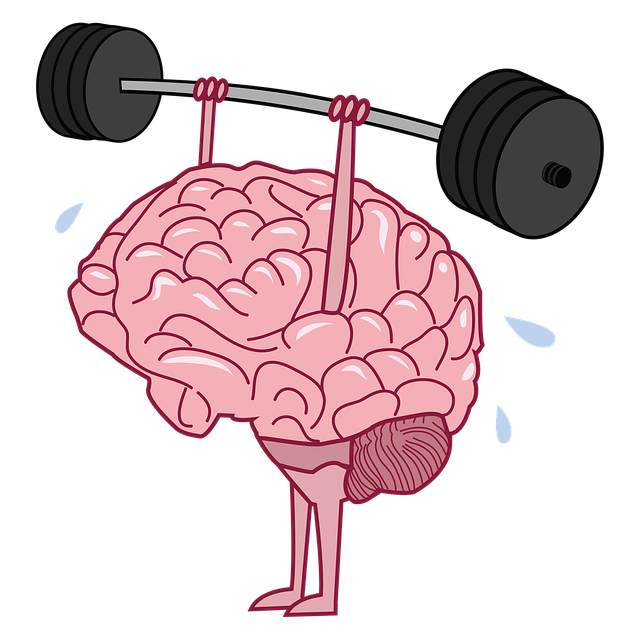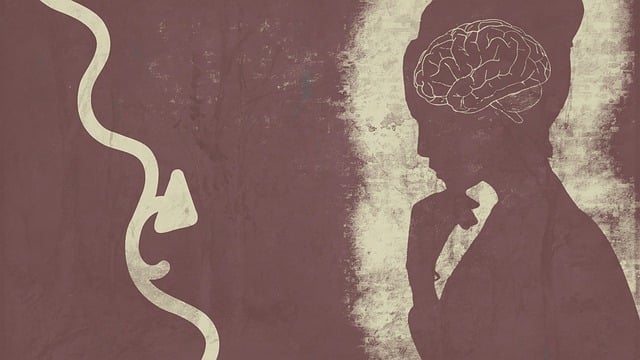Lafayette Spiritual-Religious Issues Therapy offers a unique, RFM (Recovery, Flexibility, Mastery) framework for building resilience, a key pillar of mental well-being. This approach combines mindfulness, spiritual exploration, and psychological techniques to help individuals process traumas, adapt to challenges, and make positive decisions. Through this holistic method, clients gain improved mood management, increased confidence, and culturally sensitive care, ultimately enhancing their mental health and personal development. By integrating simple mindfulness practices, regular exercise, and positive thinking, anyone can build resilience and lead a more fulfilling life.
“Uncover the power of resilience with a unique approach—the RFM model, as advocated by Lafayette Spiritual-Religious Issues Therapy. This article explores how understanding and integrating RFM (Restoration, Fortification, and Mobilization) strategies can build mental fortitude. We’ll delve into specific exercises designed to enhance resilience from a spiritual perspective, offering practical tips for daily life. Discover how these principles can guide personal growth and navigate life’s challenges with renewed strength.”
- Understanding RFM and its Role in Resilience Building
- Exercises to Enhance Resilience: A Lafayette Spiritual-Religious Issues Therapy Perspective
- Integrating RFM into Daily Life: Practical Tips for Personal Growth
Understanding RFM and its Role in Resilience Building

Resilience, the ability to adapt and bounce back from adversity, is a vital aspect of mental well-being. This is where RFM (Recovery, Flexibility, and Mastery) steps in as a powerful framework. By focusing on these three key elements, individuals can build a stronger foundation for coping with life’s challenges. Recovery involves acknowledging and processing past traumas or stressful events, fostering a sense of healing and release. Flexibility encourages a adaptable mindset, enabling folks to navigate unforeseen circumstances without being overwhelmed. Mastery, the final pillar, empowers individuals to take control, make positive choices, and develop skills for managing their emotional well-being effectively.
In the context of Lafayette Spiritual-Religious Issues Therapy, RFM offers a unique approach to address various mental health concerns. This method facilitates mood management by teaching clients healthy coping strategies, enhances confidence through personal growth and skill development, and promotes cultural sensitivity in mental healthcare practice by recognizing and incorporating individual beliefs and values into therapy. By integrating these concepts, individuals can cultivate resilience, leading to improved overall mental health and well-being.
Exercises to Enhance Resilience: A Lafayette Spiritual-Religious Issues Therapy Perspective

At Lafayette Spiritual-Religious Issues Therapy, we believe that building resilience is a cornerstone of mental well-being and personal growth. Our exercises are designed to help individuals navigate life’s challenges with greater fortitude and adaptability. Through a combination of mindfulness practices, spiritual exploration, and psychological techniques, we foster an environment where clients can learn to respond to adversity rather than react impulsively.
One key aspect of our approach is incorporating empathy-building strategies that encourage understanding and compassion towards oneself and others. This fosters strong social skills training, allowing individuals to connect more deeply with their communities and support systems. Moreover, self-esteem improvement is a central focus, as nurturing a positive sense of self equips individuals to face challenges head-on, knowing they possess the inner strength to overcome obstacles.
Integrating RFM into Daily Life: Practical Tips for Personal Growth

Integrating RFM (Resilience, Flexibility, and Mindfulness) into your daily routine can be a game-changer for personal growth and mental well-being. Lafayette Spiritual-Religious Issues Therapy offers valuable tools to navigate life’s challenges with resilience. Start by dedicating just 10 minutes each day to practice mindfulness exercises, such as deep breathing or meditation, to enhance focus and reduce stress. Incorporate flexibility training, both physically and mentally, to adapt to changing circumstances—a key aspect of building resilience.
Consider these practical tips: engage in regular physical activity, like yoga or walking, to boost endorphins and improve mood; cultivate positive thinking through affirmations and gratitude practices; and regularly assess risks and develop coping strategies, especially when dealing with sensitive cultural issues in mental healthcare practice. Remember, the goal is not perfection but progress—a continuous journey towards a more resilient and fulfilling life.
Resilience is a key component of well-being, and the Lafayette Spiritual-Religious Issues Therapy (RFM) approach offers valuable insights into cultivating this strength. By combining spiritual practices with psychological techniques, RFM equips individuals with effective tools to navigate life’s challenges. Through specific exercises tailored to enhance resilience, one can integrate these principles into daily routines, fostering personal growth and a deeper sense of well-being. Embracing RFM as a holistic framework enables folks to build mental fortitude and lead more fulfilling lives.












